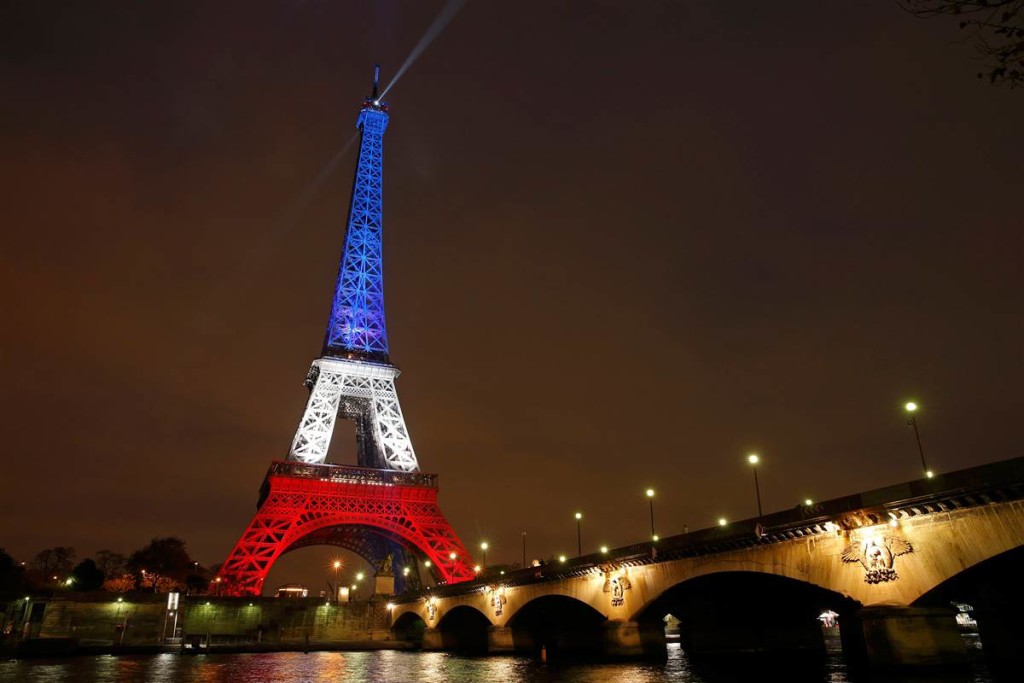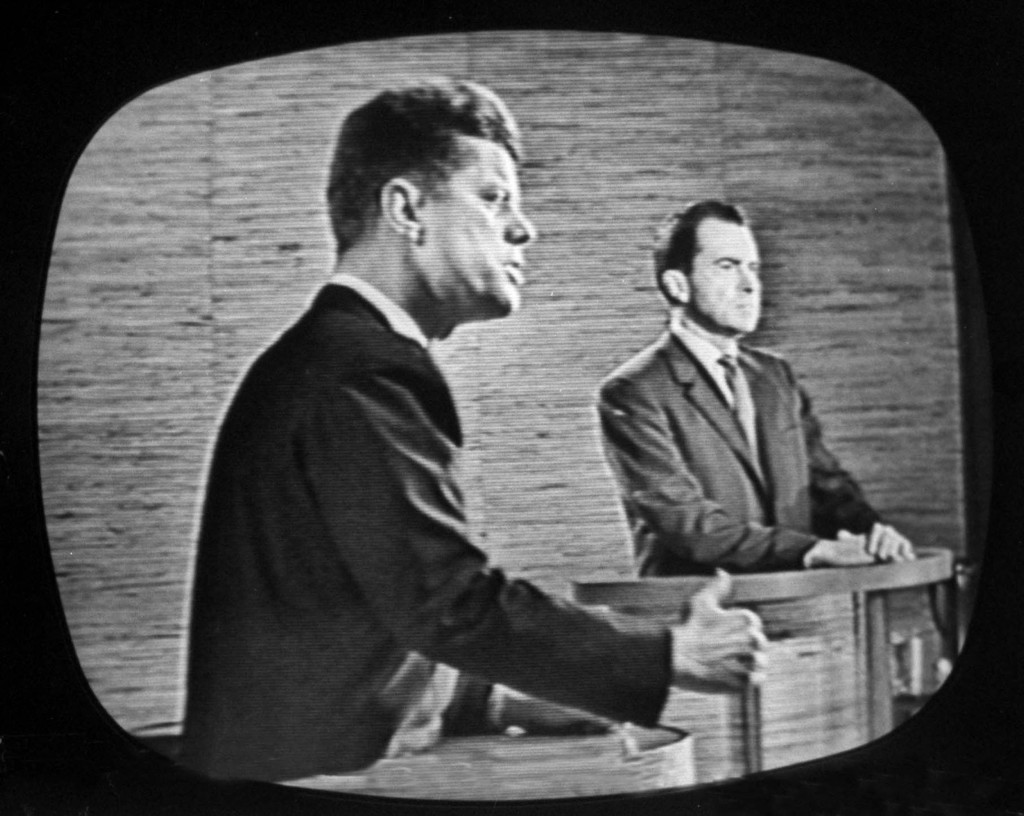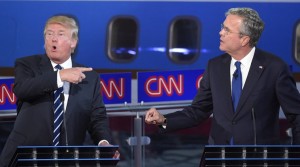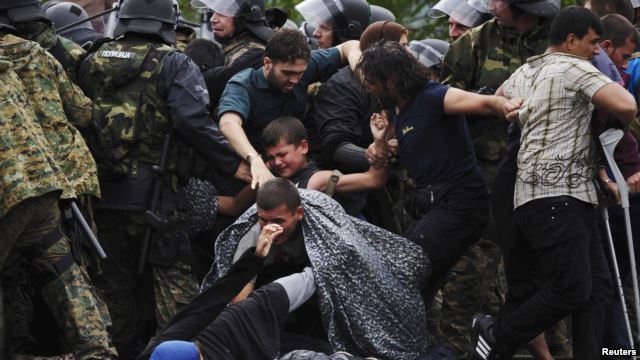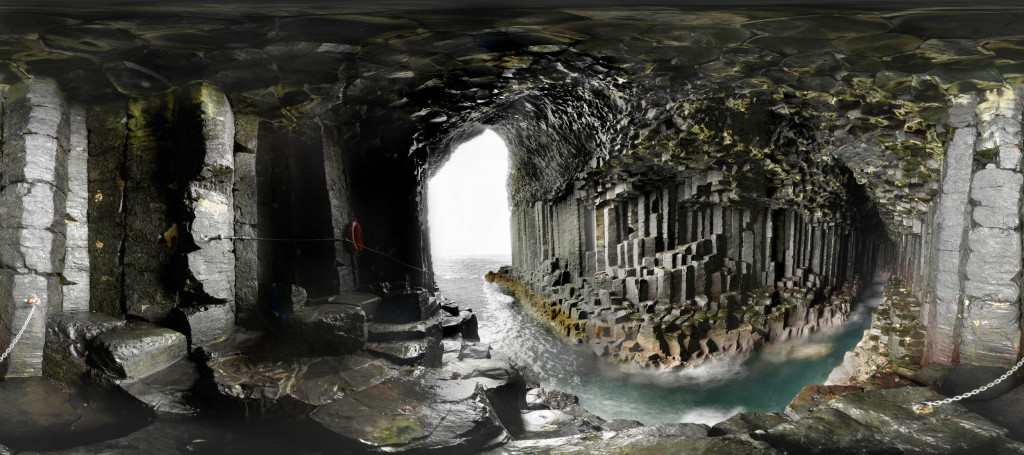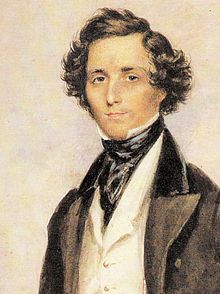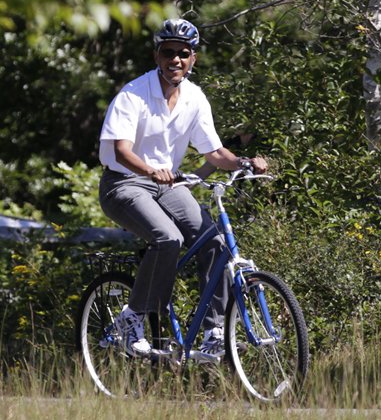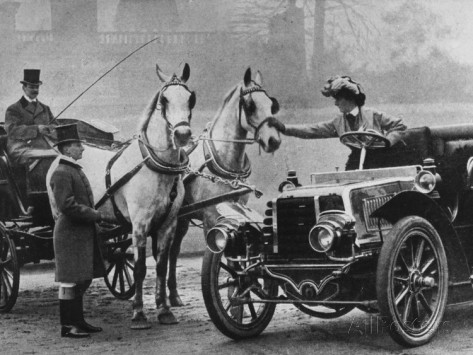
Look anywhere around you in today’s unstable world and the strain of inexorable change and the reaction to it is a fundamental tenet of the instability. This is certainly not a new phenomena but the current neurotic response is in many ways more universal based on the incredible speed by which change decimates in our electronic and global culture. We are now not so much resistors to change as we are reactionaries. The reactionary nature I think bleeds out of our superficiality, and our aversion to the hard work associated with being an individually unique soul , accepting the burden of attaching some meaning to our existence. We are unwilling to evaluate change as progressive or regressive based on deeper values, but rather instinctually and aggressively react to the very presence of different interpretations or opinions that would add to or depth of understanding. We have become scared of our own shadow, because we are no longer interested in understanding how a shadow is formed.
The Industrial Revolution may have created the seeds of our current neuroses. Prior to the power of industrial magic, distances for thousands of years were consistently understood. We were limited by the speed of a running man or perhaps the horse he rode upon, the capability of sail across a body of water. We hunted or grew our own food, or we lost the battle of survival from the lack of sustenance. The power of steam and eventually the combustion engine however forced enormous change, rapidly reducing distances and placing goods and services into people’s homes without requiring the physical labor or risks associated with producing them. We could now live and work distances from our survival supplies, in innumerable and creative ways that increased individual initiative and incentive. The increased capacities did not come about without a significant disillusionment that ‘old times’ and ‘old ways’ were somehow better, and more human. Yet the concern about progress was weighed against the value to the individual – more goods were seen as better quality of life for more people, individual achievements were honored as indicative of the human spirit, horrors such as slavery and religious wars seemed anachronistic to a comfort with a ‘modern’ concept as to the primacy of individual thought and expression. With such benefits came the growth of reactionary impulses that feared the potential that one might fall behind progress, or simply be left outside looking in.
The examples as to our neurotic fear of other now expresses itself in many shades across cultures. its common cord however is the unwillingness to judge ‘other’, not to the extent of its potential benefits to culture, but rather its very existence as a threat to a demand for an accepted normal. Examples abound.
The concept of political correctness covers a universe of fear of other and the individualism it promotes. Several decades ago, it was thought that individuals were capable of rationalizing controversial subjects and forming expanded and complex ideas about right and wrong. Television shows promoting such concepts, like All in the Family or Fawlty Towers used comedy to open our controversial prejudices to the light of discussion. The Wall Street Journal reports that the BBC in today’s world attaches sensibility warnings to shows that may offend, and erases out Basil Fawlty’s more ‘objectionable’ discourse for fear ‘average’ people will be unable to digest the deeper truths. The article further examines the response by Yale professor Erika Christakis to an email put out by Yale University Intercultural Affairs Council to urge students to avoid certain Halloween costumes for their offending potential, to frame an argument that individual expression that may even border on insensitive or obnoxious may actually promote the concept of vetting ideas through open debate. The very idea that other viewpoints other than the accepted viewpoint by culturally progressive and politically correct councils brought an explosive fury upon the professor with threats of expulsion and violence. No isolated event, campuses across the country saw furious efforts to squash any form of speech that deviated from the accepted version of appropriate speech, and demanded the scalps of the identified non-conformists.
The campus thought police that look to stamp out free speech seek to eliminate any avenue for more complex thinking. ‘Safe zones’ are being set up on campus where individuals can be assured all thinking is communal and reactionary, and the definitions of right and wrong can be uniform, so no one is confronted by change or their righteousness threatened. Individual thought brings the potential of complexity and even personal growth – in essence threatens change to the status quo.
The fear of change created by individualism is the foundation of the histrionic demand for uniformity regarding supposed anthropogenic global warming. The science must be accepted as settled, because to develop other theses is contrary to the avoidance of change. Global warming hysteresis is based upon the concept that current climate is ideal, and any change must be avoided, regardless of cost. The acceptable costs to ‘control’ climate are the destruction of individual initiative, global redistribution of resources, and top down regulation of what qualifies as acceptable behavior. The need to ignore the realities that carbon dioxide levels have fluctuated long before man was felt to influence them, that temperatures rose and fell over centuries independent of man’ influence, and that different climatizations incentivized different cultures over time is anathema to the elite’s demand for the cessation in climate change. No matter the accumulated resources of the entire globe would be insufficient to affect in minuscule fashion the actual climate of the planet; the very futileness of the effort would speak to its righteousness in the conceptualization of those who seek to destroy individual expression and avoid change.
In its final form, the fear of change that modernity brings through individual capability has lead to an enormously murderous force to avoid change. The radical Islamist ideal of not even avoiding modernity for themselves, but instead forcing reactionary concepts from the distant past to somehow revert the world to a previous reality speaks to its neurotic lack of self esteem. Cloaked in supposed religious piety, the need to force conformance with seventh century concepts of slavery, female servitude, singular belief systems, and totalitarian justice implies a distortion of culture that even the seventh century would have had problems with. The self actualization that religion provides in allowing an individual a deeper understanding of a reason for being, is perverted by people who are offended by society’s lack of willingness to accept their own stilted inadequacies and respect for other. The jihad of radical Islam is not an righteous argument for a life of higher piety. It is an effort to use religion as an excuse to avoid individual actualization, for the fear that such an actualization would degrade them in God’s eyes, as much as their own.
We are living through a crisis of confidence in our own capacities as thinking beings to build a better world. Perhaps this was inevitable when the very threats to life itself, starvation, disease, and poverty began to recede, and with them the common threat they presented to us equally. We have had these crises before, out of which sprung the Renaissance, the Reformation, the Age of Enlightenment, and the Age of Science to the positive development of the best that we are today. Change is therefore not to be accepted or rejected, but rather dissected, understood and adjusted for what it may mean to our own self development and progression as a species. The current hysterical and violent reactionary nature speaks to our fear of the unknown and our desire to remain constant whatever the consequence. Modernity is after all eventually only the ancient standard for another time to come. As Yogi Berra so succinctly stated, “the future ain’t what it used to be…”

